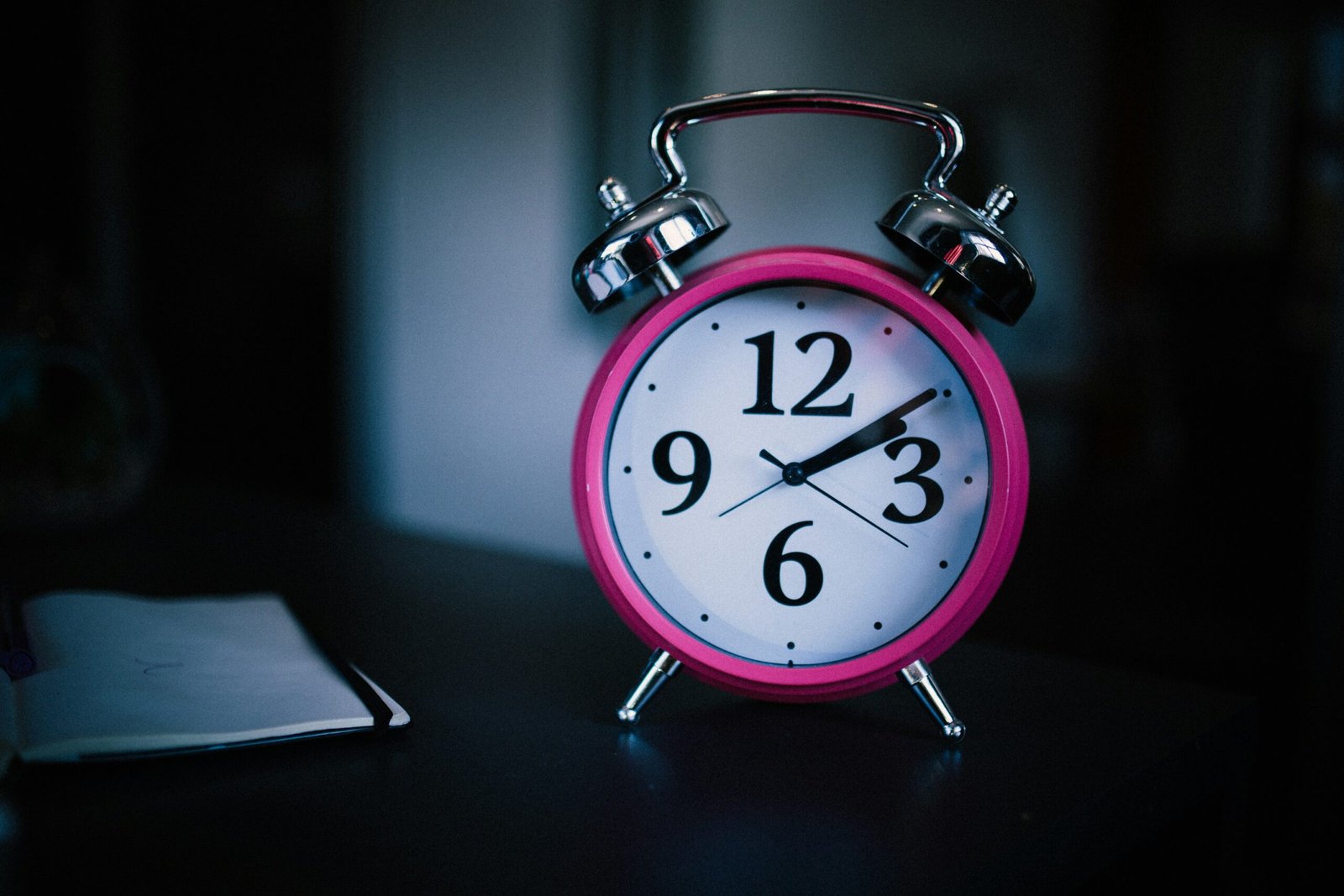The Effect of Sleep Deprivation on Sexual Health
Sleep is a fundamental aspect of our overall well-being, and its importance cannot be overstated. Adequate sleep is essential for numerous bodily functions, including maintaining a healthy immune system, cognitive function, and emotional well-being. However, one area that is often overlooked when discussing the consequences of sleep deprivation is its impact on sexual health.
Impact on Libido
One of the key ways in which chronic sleep deprivation can affect sexual health is by diminishing libido. Libido, or sexual desire, is influenced by various factors, including hormones, mood, and energy levels. Lack of sleep disrupts the delicate balance of these factors, leading to a decrease in sexual desire.
Research has shown that sleep deprivation can lower testosterone levels in both men and women. Testosterone is a hormone that plays a crucial role in sexual desire and function. When testosterone levels are reduced, it can result in a decreased libido and potentially lead to difficulties in sexual arousal and satisfaction.
In addition to hormonal changes, sleep deprivation can also impact mood and energy levels, which are closely linked to libido. Feeling fatigued and irritable due to lack of sleep can dampen sexual desire and make engaging in sexual activities less appealing.
Effect on Sexual Performance
Chronic sleep deprivation can also have a significant impact on sexual performance. Sleep is essential for restoring and rejuvenating the body, including the reproductive system. When we are sleep-deprived, our bodies may not have enough energy to perform optimally during sexual activities.
Furthermore, lack of sleep can impair cognitive function, including attention, concentration, and decision-making abilities. These cognitive impairments can affect sexual performance by reducing focus and inhibiting the ability to fully engage in the moment.
Moreover, sleep deprivation can lead to increased levels of stress and anxiety, which can further hinder sexual performance. Stress and anxiety can interfere with arousal, erection, and orgasm, making it more difficult to achieve sexual satisfaction.
Biological Mechanisms
The biological mechanisms through which sleep deprivation impacts sexual health are complex and multifaceted. One key factor is the disruption of hormonal regulation. Sleep deprivation can disrupt the normal release of hormones, including testosterone, estrogen, and progesterone, which are all essential for sexual function.
Additionally, sleep deprivation can affect the body’s regulation of cortisol, the stress hormone. Elevated levels of cortisol can lead to increased stress and anxiety, which can negatively impact sexual function and satisfaction.
Furthermore, sleep deprivation can disrupt the body’s circadian rhythm, the internal clock that regulates various physiological processes. This disruption can lead to imbalances in hormones, metabolism, and energy levels, all of which can contribute to sexual health issues.
Another important mechanism through which sleep deprivation affects sexual health is through the depletion of energy levels. Sleep is crucial for replenishing energy stores and restoring vitality. Without sufficient sleep, the body may not have the energy required for optimal sexual performance and enjoyment.
Conclusion
Sleep deprivation can have a significant impact on sexual health, affecting libido, sexual performance, and overall satisfaction. The biological mechanisms through which lack of sleep impacts sexual hormones and energy levels are complex and interconnected.
It is crucial to prioritize sleep and ensure that we are getting enough restorative rest each night. By doing so, we can support our sexual health and overall well-being. If you are experiencing persistent sleep deprivation or sexual health issues, it is advisable to consult with a healthcare professional for guidance and support.

